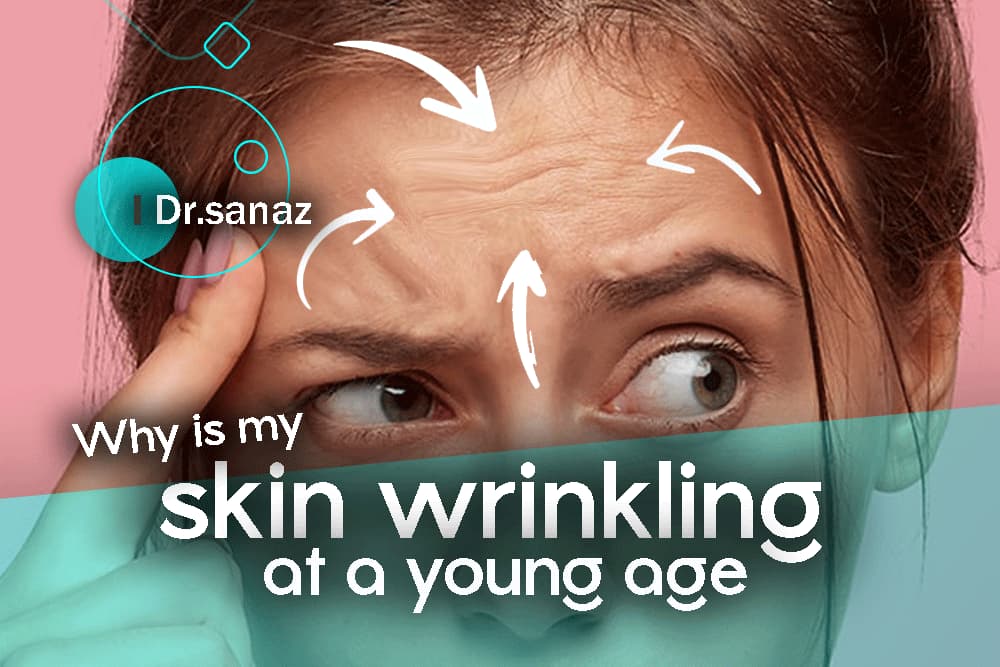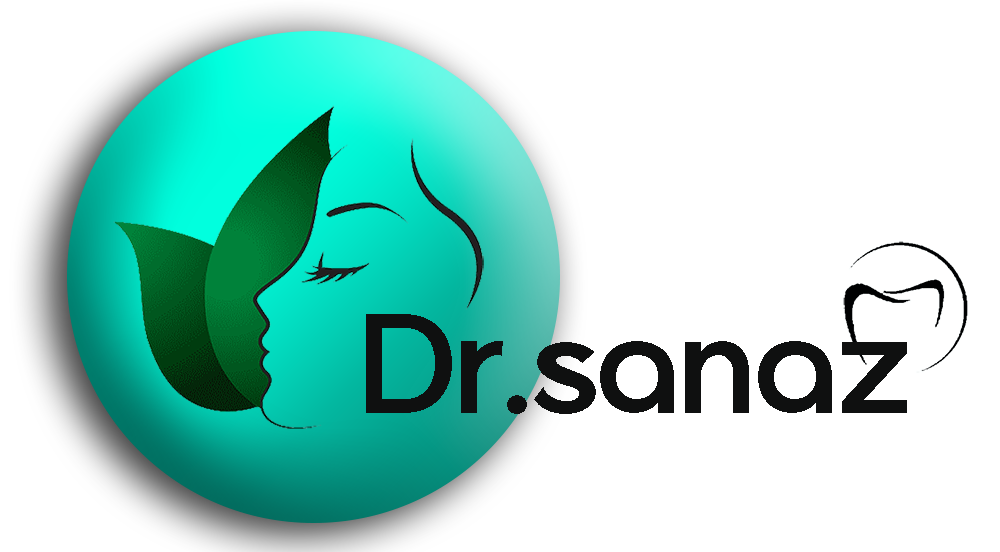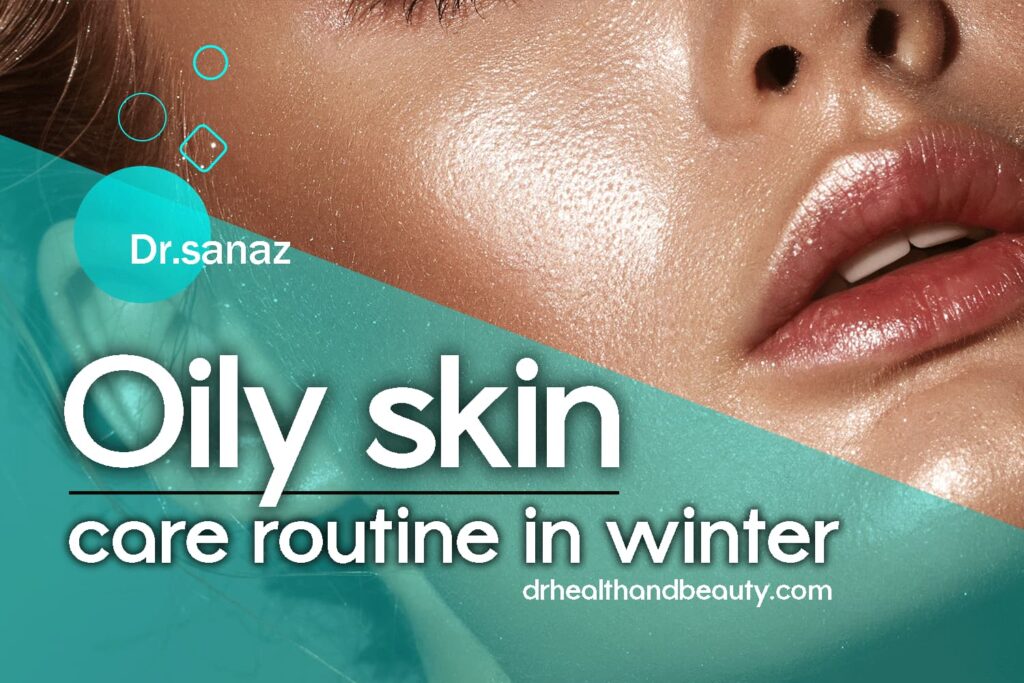
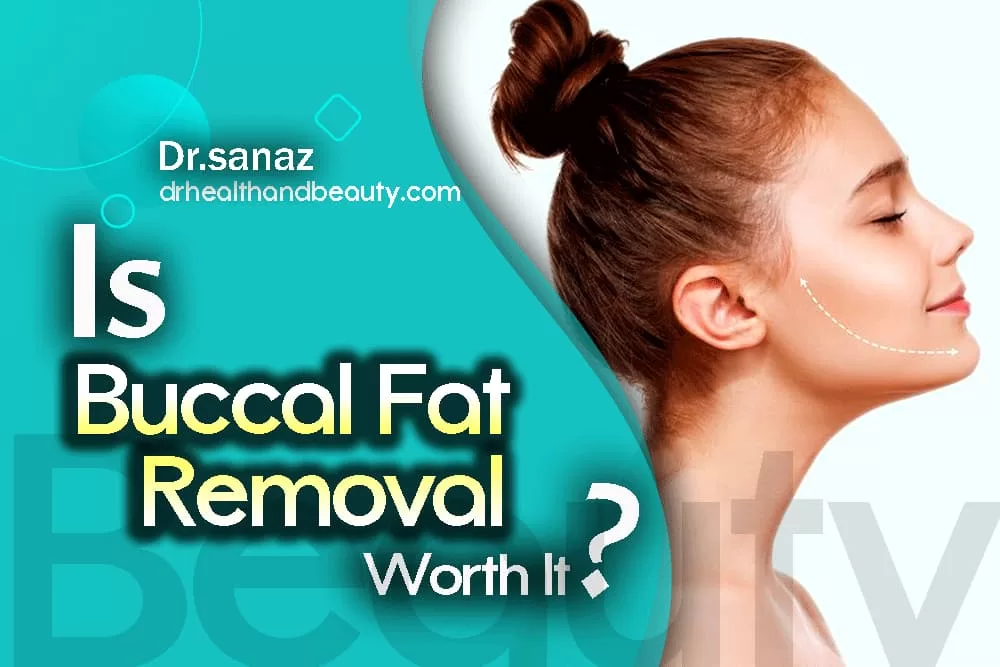
Is Buccal Fat Removal Worth It?
A Buccal is a round lump of fat in the middle of your cheek. It is located between the facial muscles, in the hollow area under your cheekbones. The size of the buccal pads affects the shape of your face. Sometimes buccal fat removal is necessary for health and sometimes it is one of the components of beauty.
Everyone has buccal fat. However, the size of buccal fat pads can vary greatly.
If you have larger buccal fat pads, you may feel that your face is too round or full. You may also feel like you have a “baby face.”
It is okay to have larger species. However, if you want to make them smaller, a plastic surgeon may recommend buccal liposuction. This surgery is performed to reduce the width of round faces.
If you want buccal fat removal (Buccal Lipoaspiration ), learn more about how it works and possible side effects.
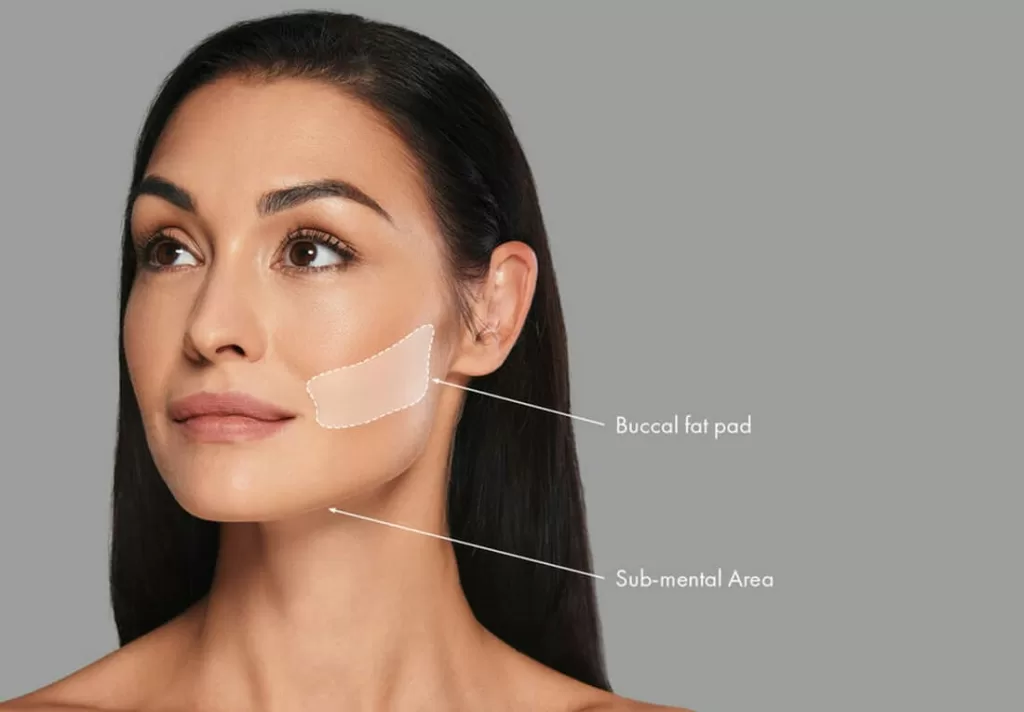
What is buccal fat removal, and how does it work?
Buccal fat removal is a type of plastic surgery. Also known as buccal lipectomy or cheek reduction surgery.
The buccal fat pads in your cheeks are surgically removed during this procedure. This thins the cheeks and defines the angles of the face.
The surgery can be done alone or with another form of plastic surgery, such as:
- facelift
- nose plastic surgery
- Chin implant
- Lip augmentation
- botox injection
How do I decide if buccal fat removal is proper for me?
If any of the following are present in your face, you may be a good candidate for buccal fat removal.
- You are in good physical health.
- You have a good weight.
- You have a rounder and fuller face.
- You hate how full your cheeks are.
- You have realistic expectations from this beauty procedure.
- You do not smoke.
- Excess fat surrounds your cheekbones and jawline.
- You are thin and tend to have a modeling face.
Removing buccal fat is not suitable for everyone. It may not be recommended in the following scenarios:
- Your face is narrow. If your face is naturally thin, surgery may cause the cheeks to sink as you age.
- You have progressive hemifacial atrophy (Pary-Romberg syndrome). This rare disorder causes the skin on one side of the face to shrink. It is known to affect the buccal fat pad.
- You are old. As you age, you naturally lose facial fat. This procedure may emphasize other signs of facial aging.
A plastic surgeon is the best person to determine if you are an ideal candidate.
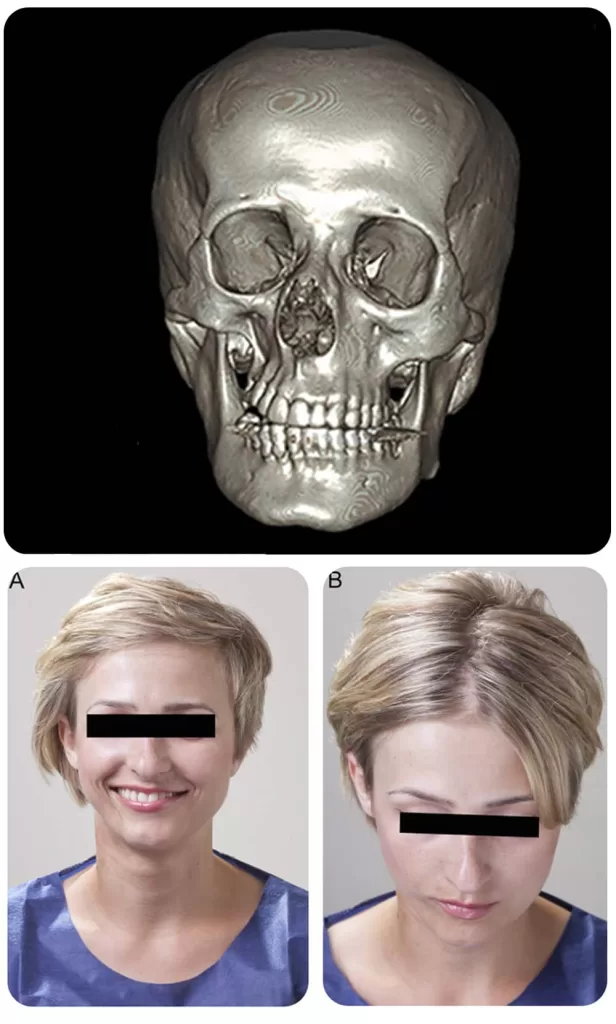
What are the risks and complications associated with buccal fat removal? ( Is buccal fat removal safe and effective? )
Buccal fat removal (Buccal lipectomy) is generally considered safe. However, as with all procedures, there is a risk of unwanted side effects.
Possible complications include:
- Excessive bleeding
- infection
- Adverse reaction to anesthesia
- hematoma
- seroma (accumulation of fluid)
- Salivary gland damage
- Facial nerve damage
- Deep vein thrombosis
- Cardiac or pulmonary side effects
- Remove excess fat
- Facial asymmetry
- Poor results
You may need another surgery to correct some of these issues.
See your doctor if you notice any of these unusual symptoms.
- Shortness of breath
- Chest pain
- Abnormal heartbeat
- Excessive bleeding
- Severe pain
- Symptoms of infection
Before the procedure, you will discuss the following with your plastic surgeon:
- Expectations and goals
- Medical conditions
- Current medications, including vitamins and supplements
- Alcohol, tobacco, and drug use
- Drug allergies
- Past surgeries
This information allows your plastic surgeon to determine the best surgical approach and potential risks and prospects for recovery.
You may need to stop certain medications or have blood tests done before the test.
The plastic surgeon will also analyze your face and take pictures to plan the surgery.
Can buccal fat pad removal be done with or without anesthesia?
This procedure may be done in a hospital or doctor’s office. This usually includes:
Local anesthesia is done in the face if you only use buccal fat excision. You will not feel any pain but will be awake during the procedure.
If you have more than one surgery, general anesthesia may be used. In this case, you should go to the surgeon’s office and go from there.
Your surgeon will make an incision on the inside of your cheek. They push the outside of your cheek to expose more of the buccal fat pad.
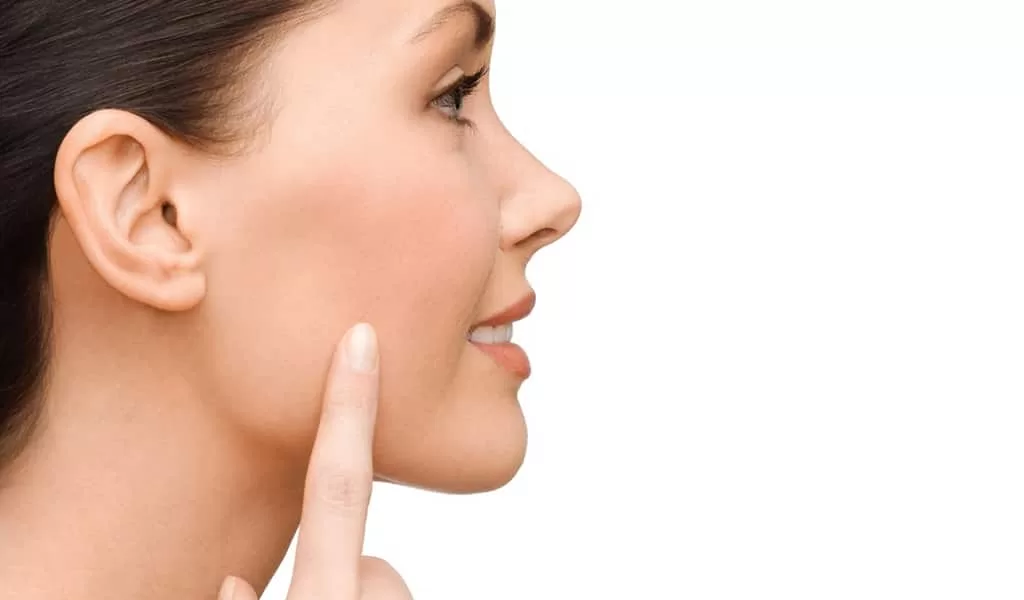
How long does buccal fat removal take, and what recovery time can I expect?
The buccal fat procedure takes only ten to fifteen minutes or between thirty minutes and one hour, depending on the doctor’s diagnosis.
Before going home, you will be given a special mouthwash to prevent infection. Your doctor will explain how to care for the surgery.
It would be best if you drank fluids for several days. You can then return to soft foods before returning to your regular diet.
After Buccal Liposuction surgery, your face will be swollen, and you may experience bruising. Both should decrease with recovery.
Full recovery usually takes about three weeks.
During recovery, follow your doctor’s self-care and eating instructions. Attend all your follow-up appointments.
Expect to see results within a few months. It takes time for your cheeks to adjust to their new shape.
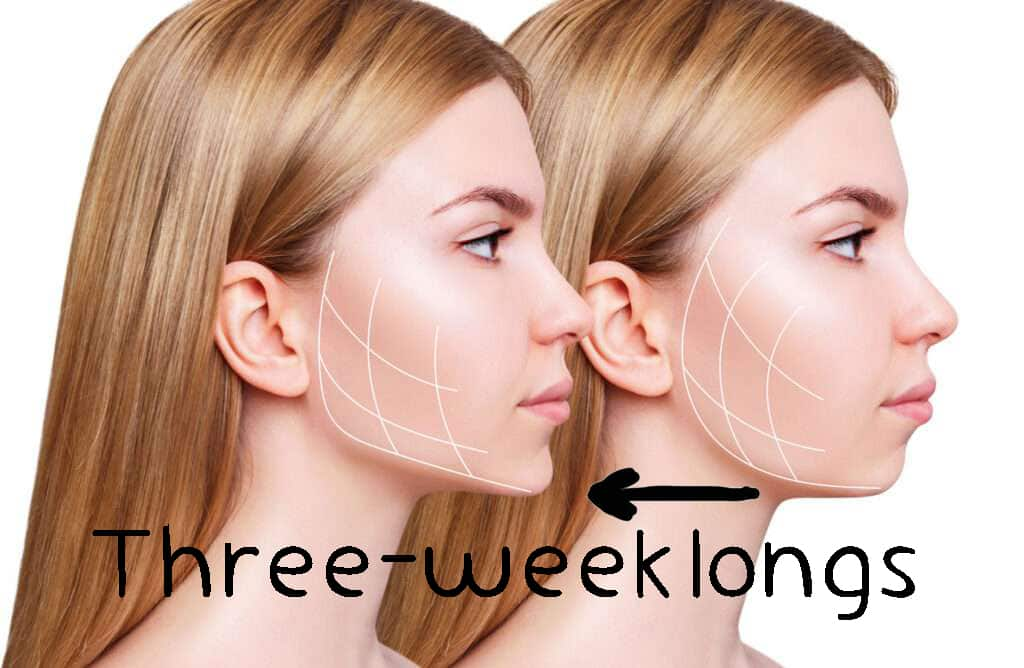
Post-operative care of buccal fat removal:
The result of the buccal fat removal procedure depends mainly on the care you take afterward, and following this care will help you have a shorter and easier recovery period. Among the necessary care are:
- In the first week after buccal fat pad contouring, light, watery, and soft foods should be used.
- After eating every meal or drink, the mouth should be washed with special serums.
- Until one week after buccal fat removal surgery, antibiotics should be used as prescribed by the doctor.
- While resting, the head should be kept slightly elevated so as not to put pressure on the surgical area of the face.
- Avoid smoking until the surgical site is completely healed.
- The tongue should not touch the wound and stitches.
- Doing sports that cause trauma to the face should be avoided until the healing of the wounds is complete.
- After the operation, you can use unique face masks with the doctor’s advice.
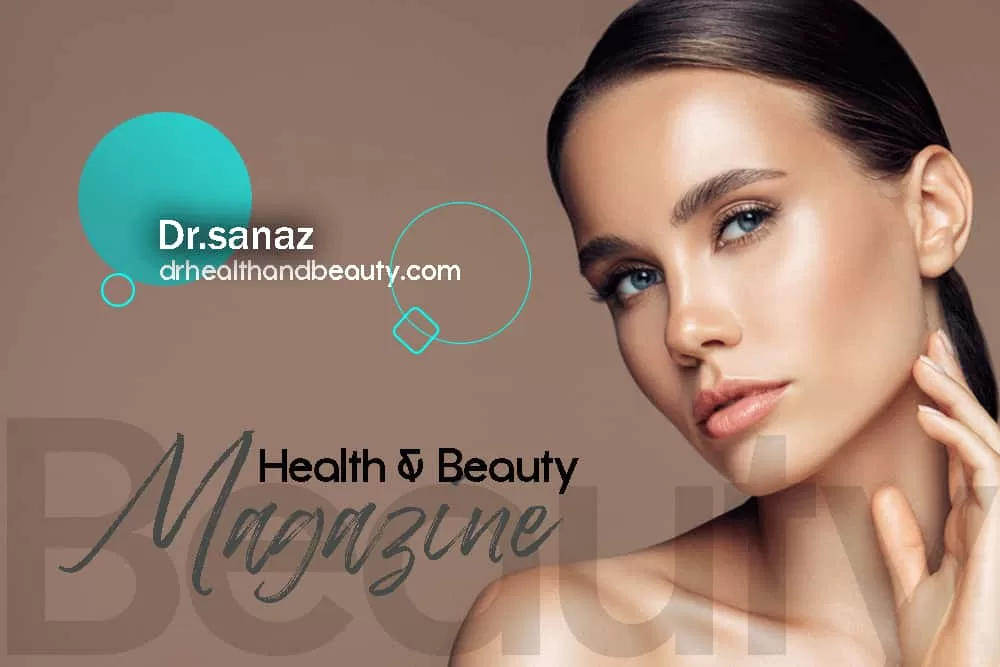
Conclusion
Buccal fat removal is a surgical procedure that reduces the size of your cheeks. A surgeon removes the buccal fat pads and creates a slimmer face.
You may be an ideal candidate if you have a round or somewhat fuller face.
In general, this method is considered safe. Recovery takes several weeks.
As with all surgeries, there is a risk of complications. To achieve the best result, consult an experienced plastic surgeon.
Share in :
Explore more

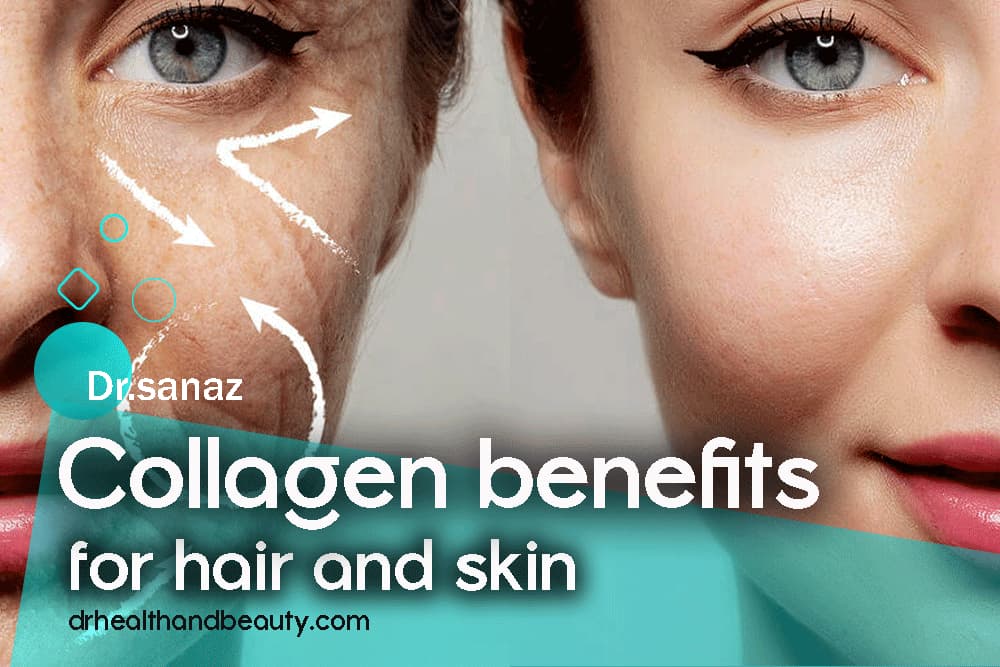
Collagen Benefits For Hair And Skin- Drhealthandbeauty
